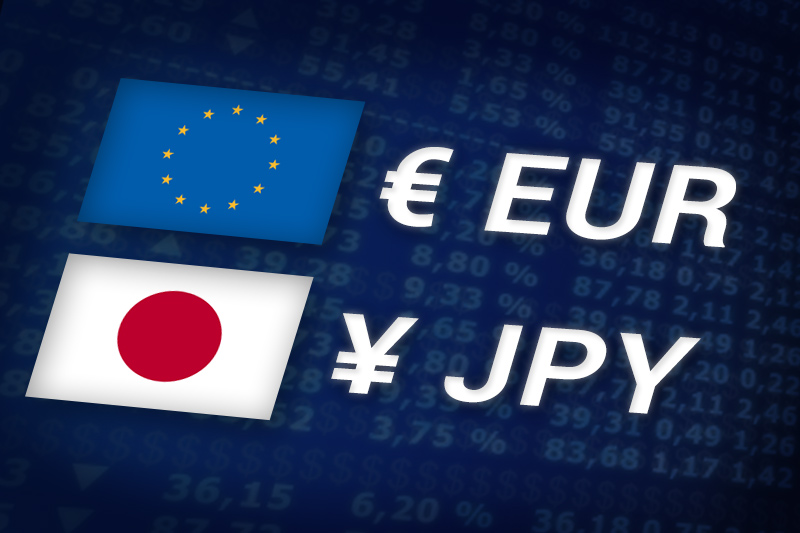Investing.com – The euro was up against the yen on Monday, rising to an 11-day high after Ireland formally requested aid but investors remained cautious amid lingering concerns over budgetary worries in other euro zone nations.
EUR/JPY hit 114.95 during European morning trade, the pair’s highest since November 5; the pair subsequently consolidated at 114.65, gaining 0.36%.
The pair was likely to find support at 113.51, last Friday’s low and resistance at 115.41, the high of November 4.
The amount of European Union and International Monetary Fund aid for Ireland has yet to be decided but is likely to be smaller than Greece's EUR110 billion bailout received last May. A senior EU source said it could total approximately EUR80 billion.
German Finance Minister Wolfgang Schäuble said on Sunday that Ireland "will have to meet strict conditions," without naming specific measures before adding "one can't be certain" that an Irish bailout would relieve the pressure on other struggling euro members.
Earlier Monday, the cost of insuring sovereign bonds issued by Portugal - seen by many as the next riskiest sovereign after Ireland - increased.
The euro was also up against the U.S. dollar, with EUR/USD gaining 0.50% to hit 1.3743.
Later in the day, discussions between Irish officials with representatives from the IMF and EU leaders were due to begin while European Central Bank President, Jean-Claude Trichet was to speak in the European Parliament.
EUR/JPY hit 114.95 during European morning trade, the pair’s highest since November 5; the pair subsequently consolidated at 114.65, gaining 0.36%.
The pair was likely to find support at 113.51, last Friday’s low and resistance at 115.41, the high of November 4.
The amount of European Union and International Monetary Fund aid for Ireland has yet to be decided but is likely to be smaller than Greece's EUR110 billion bailout received last May. A senior EU source said it could total approximately EUR80 billion.
German Finance Minister Wolfgang Schäuble said on Sunday that Ireland "will have to meet strict conditions," without naming specific measures before adding "one can't be certain" that an Irish bailout would relieve the pressure on other struggling euro members.
Earlier Monday, the cost of insuring sovereign bonds issued by Portugal - seen by many as the next riskiest sovereign after Ireland - increased.
The euro was also up against the U.S. dollar, with EUR/USD gaining 0.50% to hit 1.3743.
Later in the day, discussions between Irish officials with representatives from the IMF and EU leaders were due to begin while European Central Bank President, Jean-Claude Trichet was to speak in the European Parliament.
